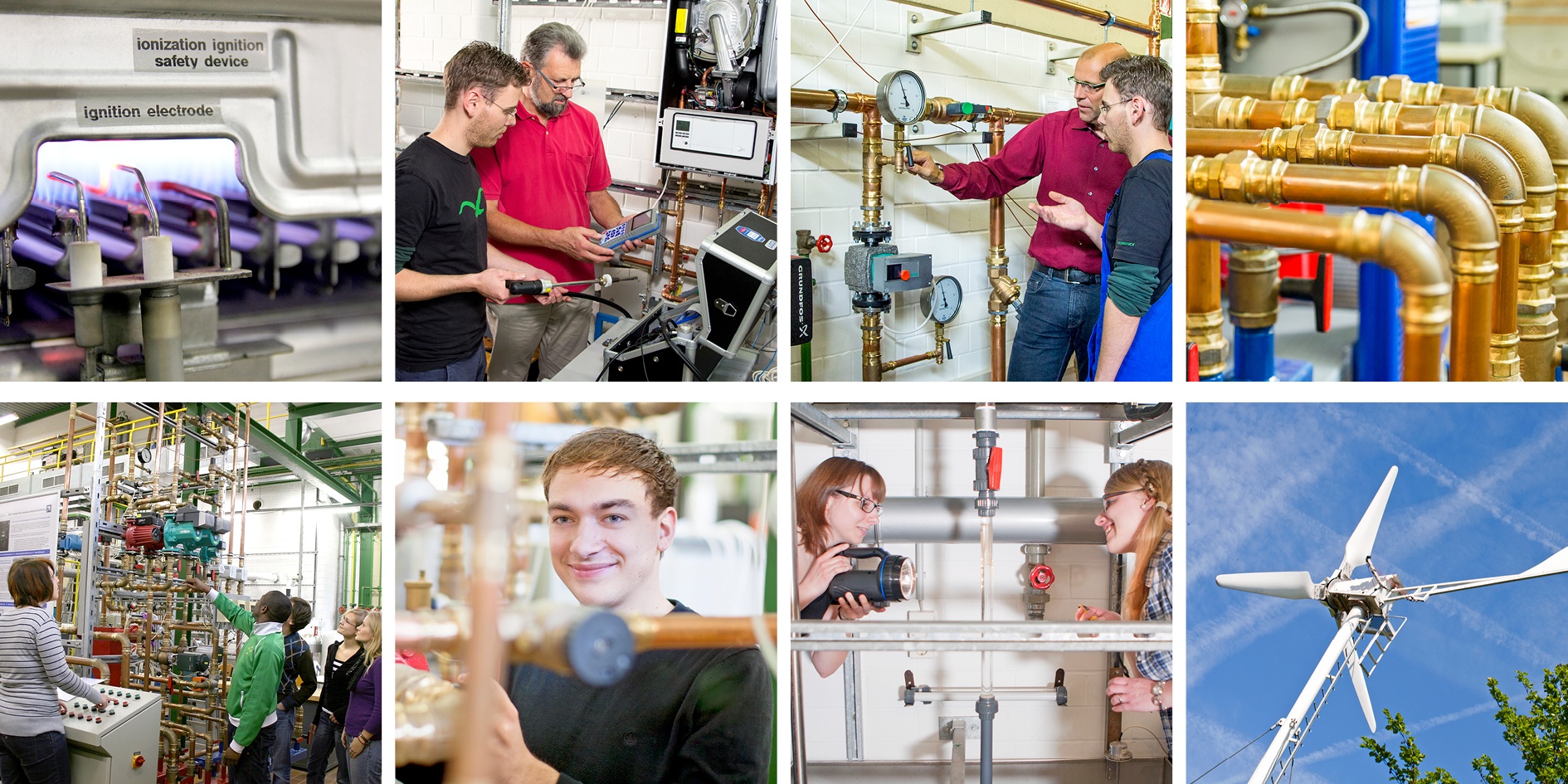
The energy and building technology has a high social value, which will increase due to the environmental importance. Both in the planning of new buildings and technical facilities as well as in the refurbishment and optimization of existing buildings, the engineers of the supply engineering are in a sense "the professionals for the technology in the building envelope". Supply means the provision of all necessary energy and media for heating, air-conditioning and refrigeration technology as well as for gas, sanitary and water technology. The disposal of media falls within their remit.
In addition to the increase in efficiency and the rational use of energy, the use of new, alternative energies also plays an important role. The further development and use of modern renewable energy technologies, such as Solar thermal energy, photovoltaics, geothermal energy, combined heat and power plants, heat recovery systems and heat pumps determine the occupational field in the planning and execution of supply systems. The technical objects range from single-family homes to large industrial companies. Central concerns include not only the reduction of operating costs but also the avoidance of emissions and the increase in the quality of use and comfort.
Duration of study
7 semesters regular study period
If the studies are started in the summer semester, the duration can be extended by one semester.
Graduation
Bachelor of Engineering (B.Eng.)
Type of study
course
Full-time study
Language of instruction
German
Beginning
In the summer and winter semester
Admission
Admission free
Accreditation
ASIIN accredited degree program
The course contents are divided into:
Almost all lectures are accompanied by labs so that you have the opportunity to put what you have learned into practice immediately.
Projects and bachelor thesis are also offered in English.
You may have the interesting opportunity to acquire a "double degree". Further information
can be found in our section
"International".
Consecutive Master studies (extra occupational)
After completing your studies, you can complete the master's program Energy Systems Engineering and choose between these specializations:
Degree: Master of Engineering (M.Eng.)